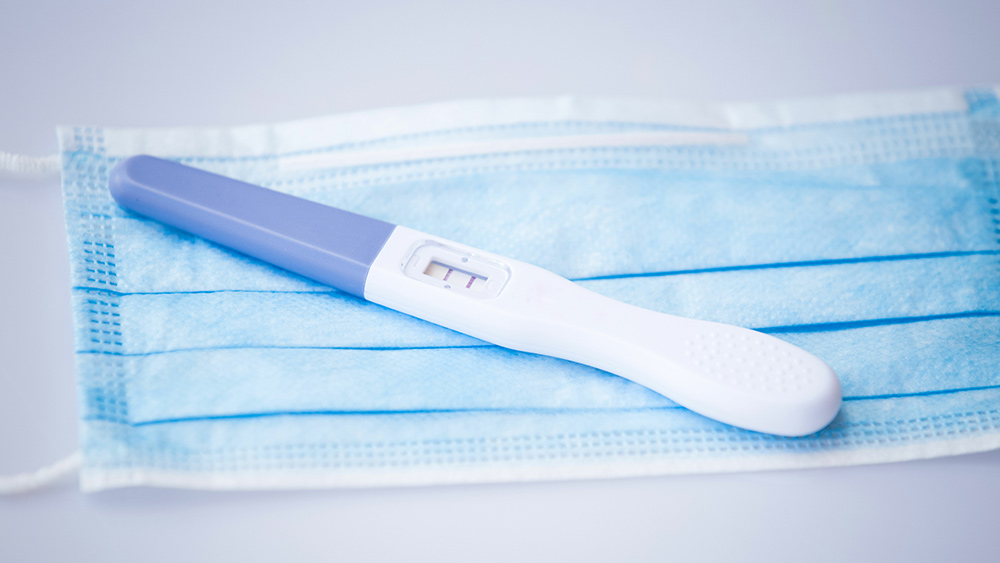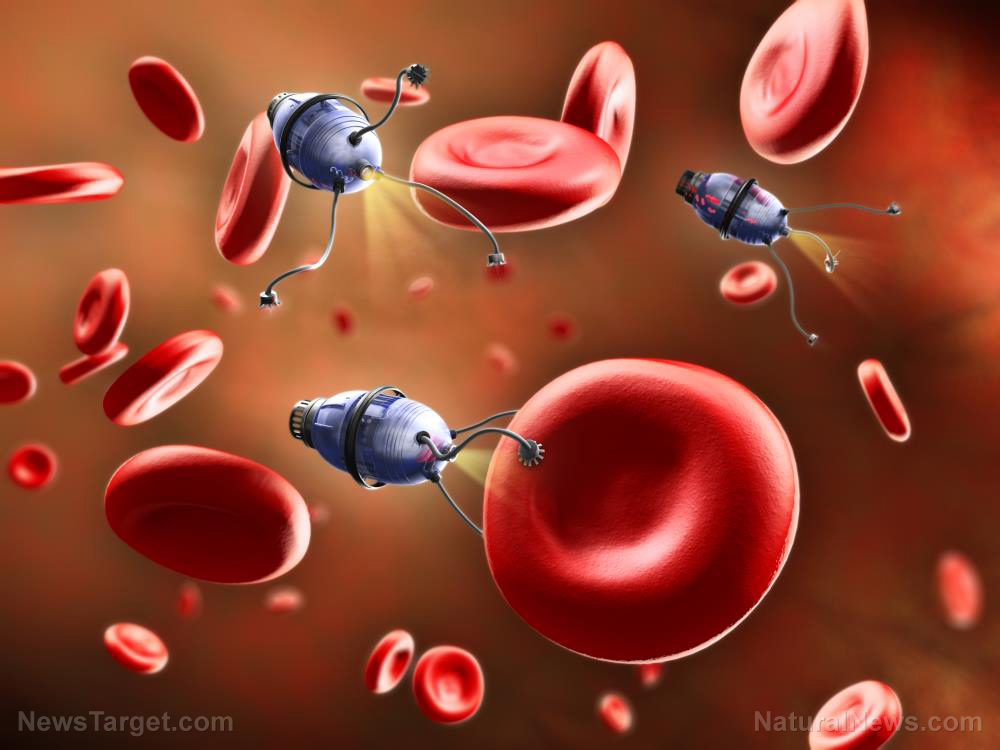The epidemic that wasn’t: In 2006, doctors used PCR testing to cause mass hysteria over a “whooping cough” outbreak that didn’t even exist
12/09/2021 / By Ethan Huff

It flew under most people’s radar at the time, but 15 years ago there was an alleged whooping cough epidemic that the medical industry warned was a major threat. The only problem is that it did not actually exist, having been the product of false PCR testing.
The same fraudulent tests being used today to identify the Wuhan coronavirus (Covid-19) were also used in 2006 to pinpoint a fake whooping cough epidemic that scared a whole lot of health care workers into panicking, taking pharmaceutical drugs and getting injected with vaccines (sound familiar?).
The New York Times reported that nearly 1,000 health care workers at a hospital in Lebanon, N.H., tested “positive” using the PCR tests, resulting in them being furloughed from work. They were administered antibiotics and injected with chemicals, only to have the whole thing be blown open as a hoax eight months later.
“… health care workers were dumbfounded to receive an e-mail message from the hospital administration informing them that the whole thing was a false alarm,” the Times reported in 2007 about the embarrassing incident.
“Not a single case of whooping cough was confirmed with the definitive test, growing the bacterium, Bordetella pertussis, in the laboratory. Instead, it appears the health care workers probably were afflicted with ordinary respiratory diseases like the common cold.”
PCR test inventor said it should never be used to try to identify disease
How could it be that people were mistakenly diagnosed with whooping cough when all they really had was the common cold? The answer is simple: PCR tests are not accurate and their results can easily be manipulated to push a narrative.

The only thing PCR tests do is magnify DNA particles in a sample until they become visible. Depending on how they are calibrated, they can pick up almost anything – even things that do not exist.
“The magnification in PCR is measured by the number of cycles needed to make the DNA visible. Known as the Cycle Threshold (Ct) or Quantification Cycle (Cq) number, the higher the number of cycles the lower the amount of DNA in the sample,” explains the Brownstone Institute.
“To convert Cq numbers into doses they have to be calibrated against the Cq numbers of standard doses. If they aren’t, they can easily be blown out of proportion and appear more significant than they actually are.”
An analogy for this might be a car advertisement in which the company used a scale model for the vehicle photo. After applying the right lenses, lighting and other touchups, that model is made to look like a full-size vehicle and consumers are none the wiser.
The only way to truly know whether the vehicle in the photo is a small model or the real thing would be to put something else alongside it for a comparison of scale.
“Just like a coin standing next to a toy car proves it’s not a real one, and a shoe next to a molehill shows it’s not a mountain, the Cq of a standard dose next to the Cq of a sample shows how big the dose really is,” is how Brownstone puts it.
Another thing to consider is the fact that Kary Mullis, the man who created the PCR test and won a Nobel Prize in Chemistry back in 1993, warned against using it to look for disease.
“PCR is a process that’s used to make a whole lot of something out of something,” he said. “It allows you to take a very miniscule amount of anything and make it measurable and then talk about it like it’s important.”
More of the latest news about the Fauci Flu can be found at Pandemic.news.
Sources for this article include:
Tagged Under: conspiracy, COVID, fake, fearmongering, history, hoax, infections, medical tech, outbreak, PCR, Plandemic, propaganda, pseudoscience, truth, Whooping cough




















